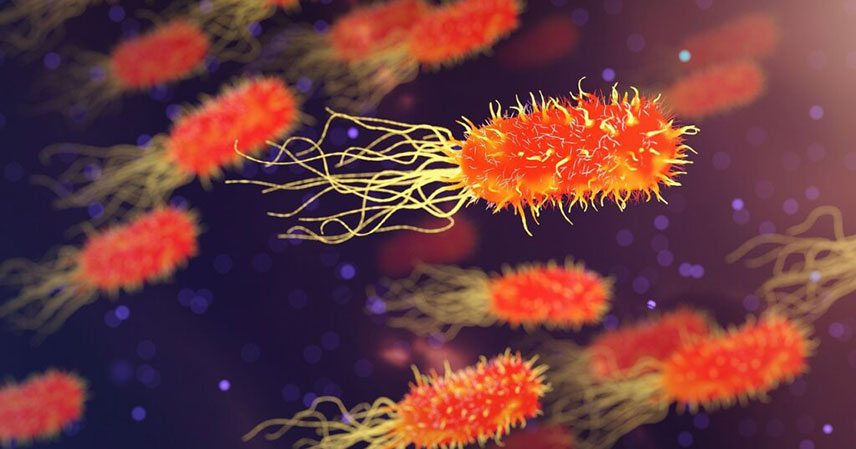For a long time, the connection between mental health and physical well-being has been increasingly clear. Specifically, depression is widely recognized as a significant risk factor for various metabolic diseases. This established link highlights the complex interplay within the human body.
However, recent scientific advancements are adding crucial layers of understanding to this relationship. Groundbreaking research presented at the ECNP Congress in Amsterdam has unveiled a more nuanced picture. Scientists now suggest that not all depression is the same when it comes to physical health risks. Different types of depression appear to be uniquely linked to distinct cardiometabolic diseases. This discovery could revolutionize how we approach both mental and physical health.
The Established Link: Depression and Cardiometabolic Health 🔗
The general association between depression and an increased incidence of cardiometabolic diseases is well-documented. These conditions include heart disease, stroke, type 2 diabetes, and metabolic syndrome. The link is complex, involving various biological and behavioral factors.
Chronic stress associated with depression can lead to systemic inflammation. It can also disrupt hormonal regulation. These physiological changes contribute significantly to physical health problems. Furthermore, lifestyle factors often play a role. Individuals experiencing depression may have less motivation for physical activity. They might also struggle with healthy eating habits. Both contribute to poor cardiometabolic outcomes.
Understanding this broad connection has been vital. It emphasizes the need for holistic patient care. Treating depression can have positive ripple effects on physical health. Conversely, managing physical conditions might also improve mental well-being. This bidirectional relationship underscores the importance of integrated care models.
Unpacking the Nuance: Different Depressions, Different Risks 🔬
The new research takes this understanding a significant step further. It challenges the idea of depression as a monolithic condition. Instead, it proposes a more granular view. Scientists have now discovered that specific subtypes of depression may correlate with particular cardiometabolic diseases.
This finding suggests that the internal biological mechanisms underlying different depressive states might vary. These variations could then predispose individuals to different physical health challenges. For example, one type of depression might be more strongly linked to type 2 diabetes. Another might show a greater association with cardiovascular disease. This level of specificity is a major breakthrough.
The presentation at the ECNP Congress highlighted these distinct patterns. Researchers likely used advanced analytical techniques. They would have examined large datasets to identify these subtle but significant connections. This work opens new avenues for personalized medicine approaches. It moves beyond a one-size-fits-all perspective for both diagnosis and treatment strategies.
Identifying these specific links could offer valuable insights. It helps us understand the pathophysiology of both conditions. It also points towards more targeted interventions. This refined understanding holds considerable promise for future healthcare strategies.
Implications for Diagnosis and Treatment Pathways 💡
This groundbreaking discovery carries profound implications for clinical practice. If different depressive phenotypes lead to distinct cardiometabolic risks, diagnostic processes could evolve. Clinicians might begin to characterize depression with greater precision. This could include considering its potential physical health correlates.
Personalized medicine stands to benefit immensely from this research. Treatment plans could become highly tailored. For instance, a patient presenting with a specific type of depression might be screened more proactively for its associated cardiometabolic disease. Conversely, patients with certain physical conditions might receive targeted mental health assessments.
Furthermore, this research could inform the development of novel therapeutic strategies. Understanding the specific biological pathways involved might lead to new drug targets. It could also refine existing treatment protocols. Lifestyle interventions could also be customized. For example, dietary recommendations or exercise regimens might be adjusted based on the specific risk profile. This holistic and integrated approach promises better patient outcomes.
The goal is to move towards preventative care. Early identification of these specific risks could allow for timely interventions. This could potentially mitigate the onset or severity of both mental and physical health conditions. It represents a significant step forward in optimizing patient care. It underscores the interconnectedness of mind and body in health and disease.
Key Insights from the Research 🧠
- Depression is not a uniform condition regarding its impact on physical health. New findings suggest distinct subtypes exist.
- Specific types of depression are now linked to particular cardiometabolic diseases. This adds crucial nuance to the established general association.
- This discovery could pave the way for more personalized diagnostic and treatment approaches. It highlights the need for tailored interventions.
- The research emphasizes the importance of integrated care models. It connects mental health assessments with physical health screenings more precisely.
- Understanding these specific links offers new avenues for preventative strategies. It could improve long-term health outcomes for many individuals.
Source: Different types of depression linked to different cardiometabolic diseases



